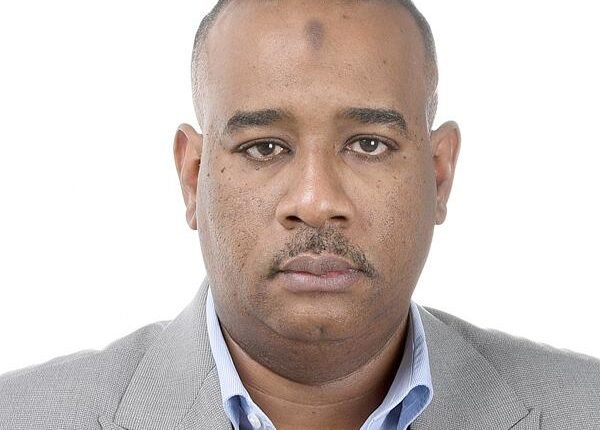To the Urgent Attention of Prime Minister: Self-rule… A Ticking Time Bomb

Muhanad Awad Mahmoud
Since Sudanese citizens were forced to endure unprecedented and harsh conditions, various forms of self-rule have emerged across neighbourhoods, towns, and villages. These were natural responses to fill the vacuum left by complex and deteriorating circumstances. As ever, the Sudanese people demonstrated their remarkable ability to organise their lives in times of hardship. Community committees and youth-led initiatives arose to manage markets, monitor prices, secure neighbourhoods, deliver services, and help resolve disputes.
In cities like El-Obeid and other parts of North Kordofan, such committees took charge of distributing essential goods, regulating commercial activities, and ensuring local security. In some villages across Gezira State, communities have revived traditional systems, such as councils of elders or hawakeer (customary land-based authorities), to manage local affairs. Even in certain neighbourhoods of Khartoum where the situation had stabilised temporarily, residents formed local security committees to maintain internal order and protect property.
Although these roles reflect a deeply commendable and inspiring social spirit, they risk evolving—from a temporary necessity—into seeds of parallel structures that may later prove difficult to dismantle, unless managed wisely and integrated within a clear legal and institutional framework. If left unchecked, the continued existence of these structures outside the state’s official framework could open the door for organised groups or interest-driven actors to infiltrate communities and steer them towards narrow, self-serving ends.
One of the starkest regional lessons comes from post-Gaddafi Libya, where the “revolutionary committees” once created to regulate society became local power centres that slipped out of control in the absence of state authority. Instead of organising civic life, these committees began attracting tribal and regional loyalties, operating neighbourhoods through de facto authority. They turned into platforms for armed conflict and foreign meddling, deepening national fragmentation. This serves as a clear warning about the dangers of allowing self-administration to persist without a unifying framework.
What makes this issue even more delicate is that such entities become easy targets for security infiltration. Extremist elements, political factions, criminal gangs, or covert networks may exploit their community ties and use them to advance outside agendas—thus compounding risks and threatening stability in the near future.
On the other hand, there are success stories that show how self-administration can become a powerful opportunity if integrated into a clear national project. Consider Rwanda, which, after its devastating civil war, successfully incorporated grassroots initiatives and local committees into its official local governance system. It developed a fair model for community participation in managing their areas, without permitting the rise of parallel authorities or isolated enclaves. Local governance became a genuine engine of development and a tool for strengthening national unity—not fragmentation.
Thanks to the resilience of our people and the sacrifices of our armed forces and support troops, the frontlines of war have receded, and vast liberated areas now await the return of full state authority and services. It is therefore imperative to act swiftly to restructure these initiatives and integrate them within formal institutional frameworks. Engaging local communities in planning and execution will transform this popular energy into a true force for reconstruction and help rebuild trust between citizens and the state.
Mr. Prime Minister, this is no longer merely an administrative matter—it is now a matter of national security par excellence. Your patriotic duty at this juncture is to race against time to defuse this minefield before it morphs into a bomb that cannot be disarmed. The Sudanese people, who have shown patience and made tremendous sacrifices, are fully capable of becoming active partners in building a just, modern state—provided they find wise leadership that can seize this historic moment.
Shortlink: https://sudanhorizon.com/?p=6381

